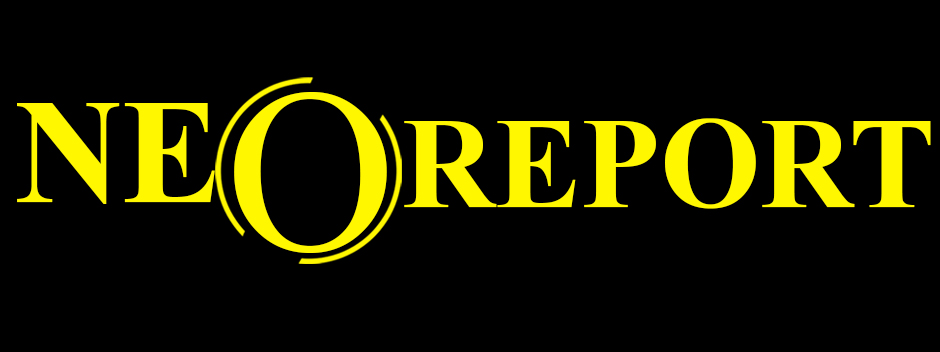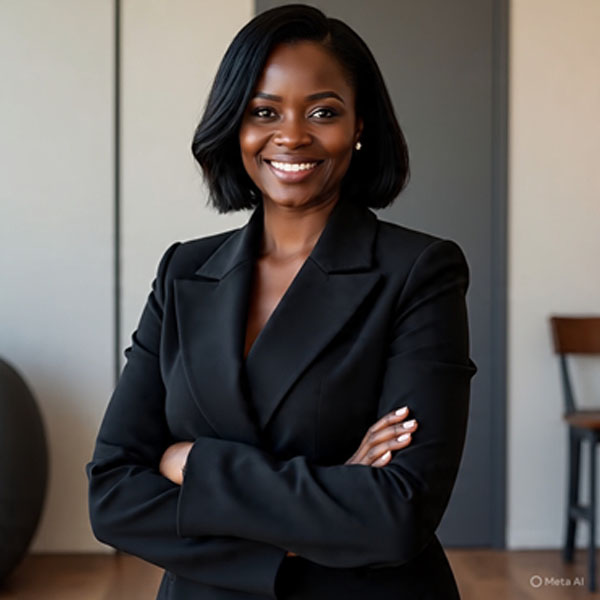In the vibrant heart of Ghana, where traditions run deep and cultural rites mark the passage into adulthood, Janet stands at the intersection of identity and biology. At 29 years old, she embodies a story of resilience, self-discovery, and the quest for understanding in a world that often defines individuals by rigid categories.
Janet, a proud member of the Krobo tribe, was born female and given a name that reflects her heritage. Yet her journey into womanhood has been anything but conventional. As she navigated her formative years, she found herself grappling with a reality that diverged from societal expectations. While her peers celebrated their first menstruation—a rite of passage known as dipo in Krobo culture—Janet faced the unexplainable absence of this milestone.
Despite possessing physical traits typically associated with femininity, such as a vagina and pubic hair, Janet’s body did not develop as expected. The absence of menstruation and breast development raised questions that set her on a quest for answers. “I have a vagina, but I am without breasts,” she reflects, capturing the complexity of her experience in a single poignant statement.
Determined to understand her condition, Janet sought help from numerous medical professionals, both locally and abroad. Her journey through hospitals and clinics was filled with tests, medications, and procedures, yet answers remained elusive. Medical practitioners explored various possibilities, including genetic testing that revealed anomalies in her chromosomes. She was eventually diagnosed with uterine hypoplasia, a condition where the uterus fails to develop properly.
Janet’s story highlights the intricate relationship between biology and identity. She explains that while traditional definitions categorize individuals based on chromosomes—46XY for males and 46XX for females—real-life experiences often defy these classifications. Intersex individuals like Janet may possess variations such as 47XXY or even XO, complicating the binary understanding of gender.
As she reflects on her life, Janet emphasizes the importance of awareness and acceptance. “I am not a complete female,” she admits, acknowledging her intersex identity. Yet she also celebrates her femininity, rooted in her cultural upbringing and personal experiences. “I grew up as a female,” she asserts, embracing the duality of her existence.
In Ghana, where cultural rites signify the transition into adulthood, Janet’s journey serves as a reminder that identity is multifaceted. The rituals of bragro in Akan culture and dipo in Krobo tradition symbolize more than just biological milestones; they embody the societal expectations placed upon individuals. Janet’s experience challenges these norms, inviting conversations about gender diversity and the spectrum of human identity.
Through her advocacy and storytelling, Janet aims to raise awareness about intersex conditions and foster understanding within her community. Her journey is not only about seeking medical answers but also about embracing who she is—a proud Krobo woman navigating the complexities of identity in a world that often seeks to simplify it.
As she continues to share her story, Janet hopes to inspire others facing similar challenges. “We are all unique,” she says with conviction. “It’s time to celebrate our differences and recognize that identity goes beyond biology.” In a society increasingly open to discussions around gender and identity, Janet stands as a beacon of hope and resilience for those striving to find their place in the world.





